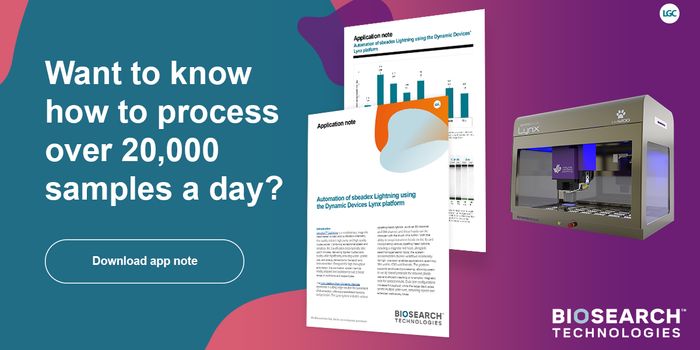Predicting the Outcomes of Clinical Trials
Researchers with Insilico Medicine have designed an artificial intelligence model that may be able to successfully predict the outcomes of clinical trials. The new AI model is described in a recent article published in Clinical Pharmacology & Therapeutics.
Clinical trials are a costly part of drug development; one study examining the costs of developing over 100 different drugs placed the median cost for drug development at US$48 million, representing a significant cost to pharmaceutical companies. Unfortunately, the vast majority of drugs (around 90%) fail during the clinical trial phase for an number of reasons, including those that fail to prove their efficacy. This failure represents a significant economic risk for drug developers.
Insilico Medicine, an AI drug discovery company, may have come up with a solution that could help alleviate some of the economic risks associated with drug development by being able to predict which drugs will be successful in trials. The new tool, called inClinico, has already shown promising results in its ability to predict these vital results.
Specifically, inClinico was designed using models that use a variety of data to train and help the AI model predict outcomes, including data about trial design and the design of various small molecule drugs. The model was also trained using clinical trial data from over 55,000 different clnical trials, allowing it a robust data set with which to analyze and make predictions on future data sets.
Studied and validated in several different studies, including prospective trials, inClinico showed robust capabilities to predict which drugs will successfully transition from phase 2 to phase 3, a place where many drugs ultimately fail. Overall, inClinico has demonstrated a nearly 80% success rate in being able to predict the success of trials.
Armed with tools like InClinico, researchers hope that drug developers will have the ability to make more strategic decisions about which drug programs to prioritize based on which are likely to be more successful.
Sources: EurekAlert!; Clincial Pharmacology & Therapeutics; BMJ Open








